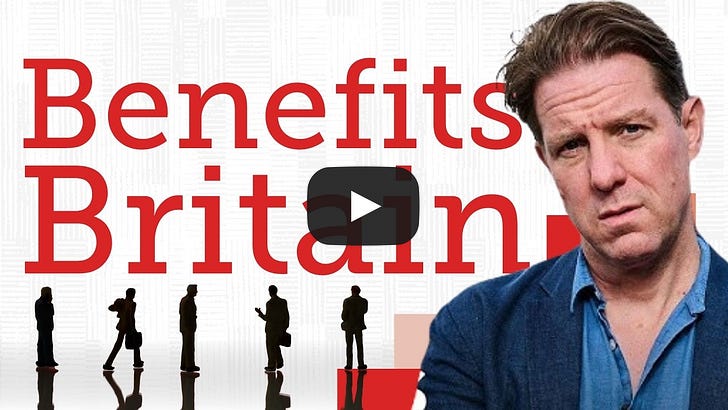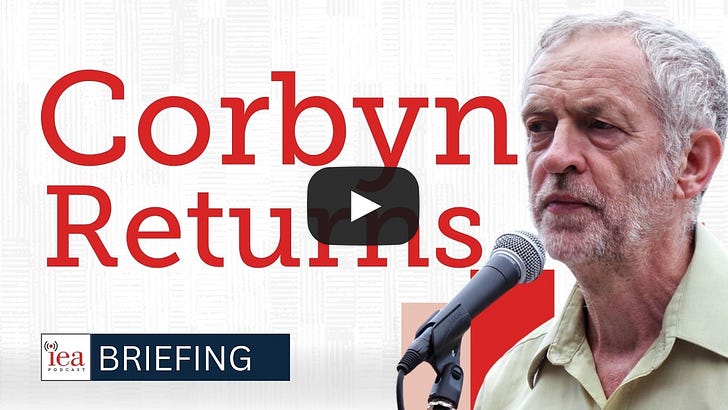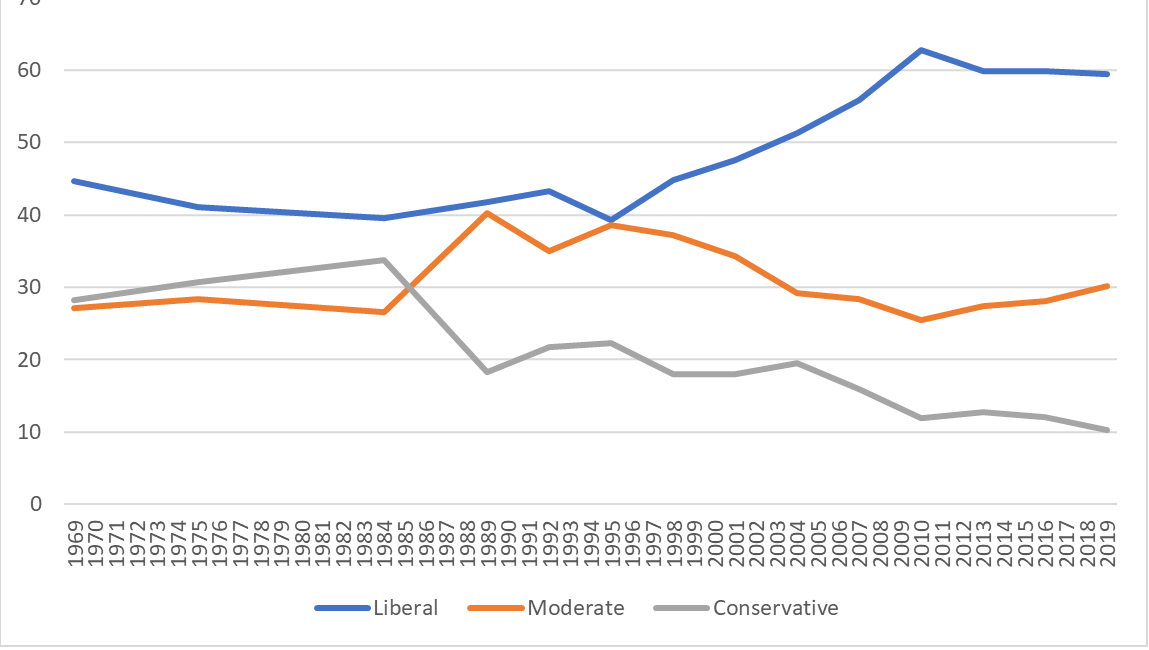|
 |
When you’re a classical liberal and focus on public policy, it is easy to get down about the state of the world. After all, the pursuit of a good and prosperous society really shouldn’t be that hard.
Adam Smith said, “Little else is requisite to carry a state to the highest degree of opulence from the lowest barbarism, but peace, easy taxes, and a tolerable administration of justice; all the rest being brought about by the natural course of things.” And he was right: as long as people are free to pursue their own interests without hindrance, there is little limit to what can be achieved through human ingenuity and voluntary cooperation. The problem is that bad ideas – and bad governments – keep getting in the way.
Naturally, we spend a lot of time here at the IEA looking at these problems: overbearing regulation that frustrates initiative; onerous taxation that undermines enterprise; a welfare state that will overwhelm the productive economy as the population ages; and so on. With Britain apparently sliding towards another recession – having never really bounced back from the Global Financial Crisis – there are no shortage of things to fix.
But let’s remember that this is the season of good cheer, and focus on things we can be optimistic about. Because I do wonder if – just maybe – the tide is beginning to turn on big (and ever-bigger) government.
The October Budget may have dealt a heavy blow to businesses large and small, but the response has been strong and near-universally negative. The government has felt compelled to insist it won’t be doing that again (we’ll see). Meanwhile, the message finally seems to be getting through on housing. And although there’s still some way to go on energy, at least the collective delusion that expensive and insecure energy is somehow a path to prosperity seems to be falling away. Real conversations about reform of Britain’s ailing National Health Service are finally beginning to take place.
Yes, I’m talking about attitudes rather than actions here. But the latter tends to be downstream of the former.
Look further afield, and perhaps we can find more cause for optimism. It is still early days, but in Argentina, Javier Milei is on his way to proving that radical economic liberalisation and state transformation is possible. Perhaps Elon Musk’s Department of Government Efficiency can make a similar case in the United States. What I like about both is the joy they bring to stripping away regulatory bureaucracy in the name of economic dynamism. We need it here too.
I suppose it would be nice if Santa Claus could deliver a sackful of economic freedom this December 25 (I have asked). But in the absence of any such Christmas miracle, you can rely on the Institute of Economic Affairs to keep making the principled case for free markets and free people – and doing the research that shows how those principles can be turned into policy. We have big plans for 2025 – our 70th Anniversary year.
For now... thank you to everyone who made our work possible this year. (It is not too late to join their ranks by becoming a paid subscriber – or by making a general donation to the IEA.) Merry Christmas everyone!
Tom Clougherty
Executive Director
P.S. The best way to never miss out on IEA content and support our research and educational programmes is to become a paid IEA Insider. For a limited time, new paid subscribers will receive a copy of Steve Davies’ book Apocalypse Next: The Economics of Global Catastrophic Risks and a 15% discount.
Reem Ibrahim interviews former Spectator editor Fraser Nelson on his Channel 4 documentary about the benefits crisis engulfing Britain for the IEA Podcast

UK heading for ‘stagflation-lite’
Commenting on this week’s inflation figures Julian Jessop, Economics Fellow at the Institute of Economic Affairs, said:
The pick-up in UK inflation to 2.6% in November is disappointing but not surprising – most forecasters (including the Bank of England) were expecting a temporary rise, even before the main Budget measures kick in next year.
Nonetheless, this morning’s news surely kills off any chance of a rate cut this week. And combined with stalling economic growth and the early signs of a slump in the labour market, talk of ‘stagflation’ could dampen confidence further.
There is a danger of overdoing the gloom. Most households should still see their real incomes rise. The increases in public spending will also offset at least some of the weakness in the private sector. Broad money is now growing at a decent pace.
There should therefore only be a mild bout of stagflation – or ‘stagflation-lite’ – before inflation falls back and the economy picks up again over the course of 2025. Compared to past episodes, any declines in output and increases in inflation and unemployment should be relatively small.
But the new government’s promise to ‘kick start’ economic growth looks even more hollow, and the chances of a much worse outcome are increasing.
In particular, the Bank will have to do a good job tomorrow in reassuring people that interest rates can still be cut gradually next year, even with inflation now heading in the wrong direction.
Bank of England to Pause Interest Rates as Inflation Jumps, in The Telegraph
Rachel Reeves is accused of 'outright falsehood' after claiming she protected 'working people' by not hiking their NI in her Budget, in The Daily Mail
News, Views & Upcoming Events
EPICENTER turns 10! Our European partners have celebrated their tenth anniversary this week. Take a look at some of their successes in that short time on the new EPICENTER YouTube channel

Former IEA colleague Emma Revell writes in CityAM about the British left’s support for the regime that has arbitrarily detained former IEA intern Jesús Armas
Editorial Director Kristian Niemietz and Director of Communications Callum Price discuss why Corbyn is wrong about reparations and the British Empire on the IEA Podcast

Callum Price welcomes the UK’s accession to the CPTPP as a positive step for Britain as a free-trading nation in The Daily Express
Public Policy Fellow Matthew Lesh criticises politicians trying to fix bad outcomes without thought for unintended consequences, particularly with regards to the Online Safety Act in The Telegraph
You’re currently a free subscriber to Insider. For the full experience, upgrade your subscription.
Paid subscribers support the IEA's charitable mission and receive special invites to exclusive events, including the thought-provoking IEA Book Club.
We are offering all new subscribers a special offer. For a limited time only, you will receive 15% off and a complimentary copy of Dr Stephen Davies’ latest book, Apocalypse Next: The Economics of Global Catastrophic Risks.




